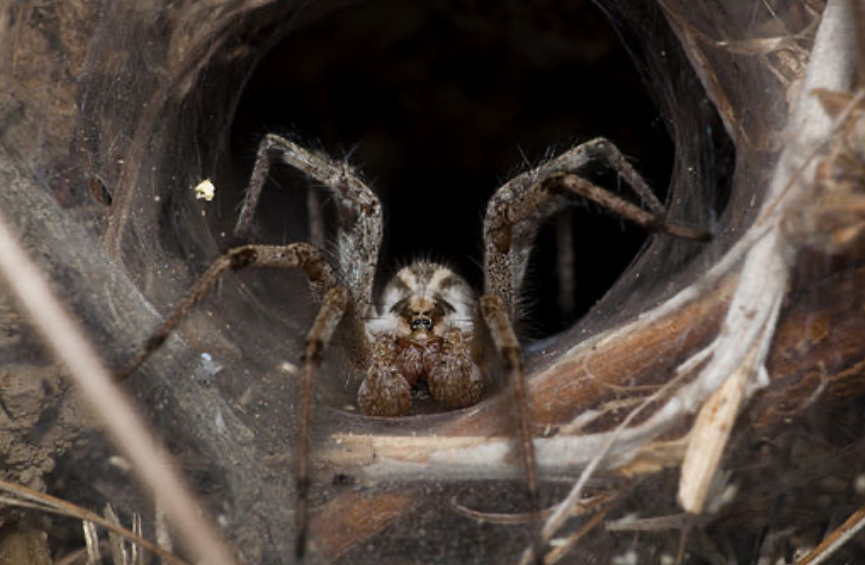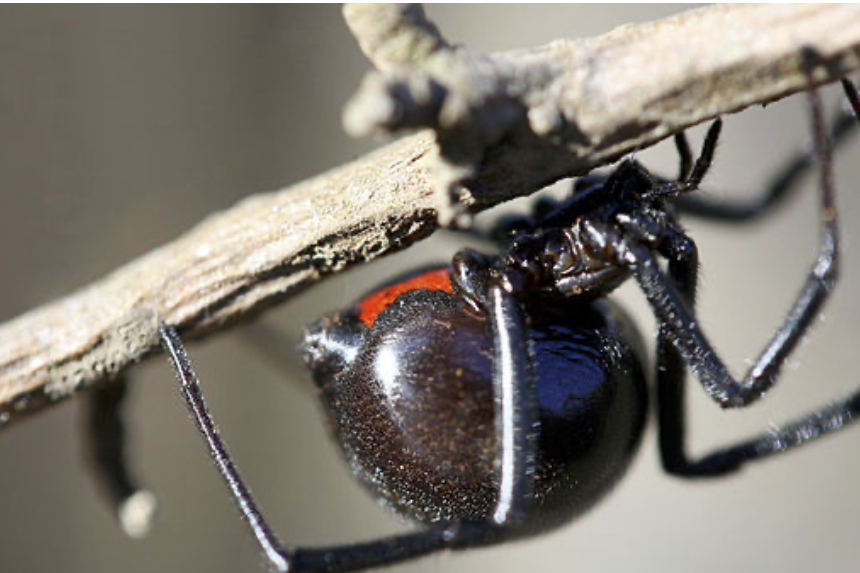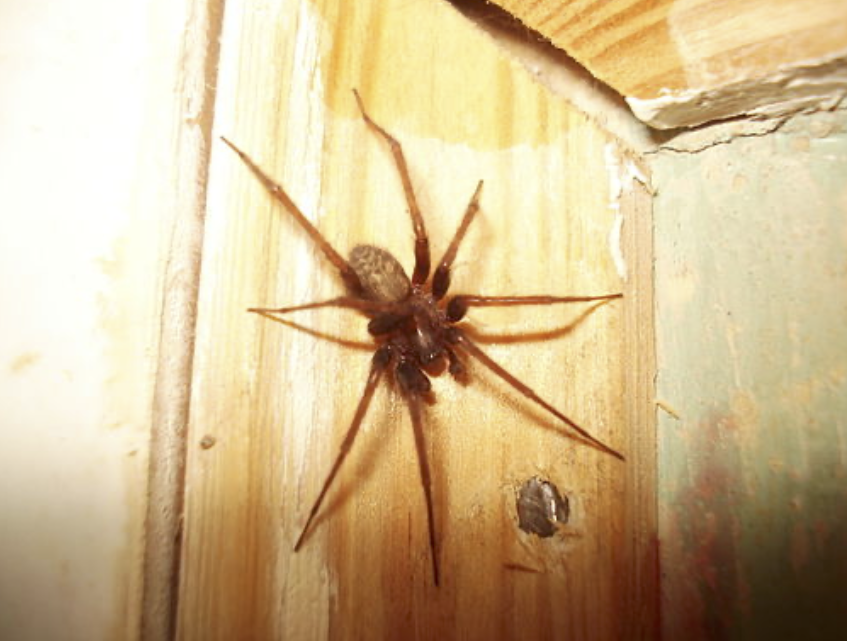Spiders are fascinating creatures that can sometimes find their way into our homes. Living in Eastern North Carolina and Tidewater Virginia areas, it’s essential to know which spiders are common in the area, how to identify them, and – most importantly – how to ensure they don’t overstay their welcome. In this article we’ll explore the most prevalent house spiders, potential dangers they may pose, and provide you with some valuable tips to keep them at bay.
Common House Spiders
Brown Recluse Spider (Loxosceles reclusa)
- Identifying Features: Light brown with a distinctive dark brown violin-shaped marking on their back.
- Dangers: Their bites can cause painful lesions and may require medical attention.
- Prevention: Seal cracks in walls, doors, and windows (exclusion), and minimize clutter in storage areas.

Black Widow Spider (Latrodectus spp.)
- Identifying Features: Shiny black with a red hourglass-shaped marking on the abdomen.
- Dangers: Their venom can cause severe reactions, especially in children and the elderly.
- Prevention: Regularly clean and dust corners and undisturbed areas in the house.

Common House Spider (Parasteatoda tepidariorum)
- Identifying Features: Yellowish-brown with a pattern of darker spots on their abdomen.
- Dangers: They are generally harmless but may create messy webs.
- Prevention: Keep the house clutter-free, especially in the basement and attic.

DIY Tips to Keep Spiders Away
Natural Repellents
- Use peppermint oil: Spiders dislike the strong smell of peppermint. Mix a few drops of peppermint oil with water and spray it around entry points and corners of the house.
- Vinegar solution: Combine equal parts of water and white vinegar in a spray bottle and apply it to potential spider entry points.
Maintain Cleanliness
- Regular cleaning: Vacuum and dust your home regularly, paying extra attention to corners and hidden spaces.
- Outdoor upkeep: Trim plants and bushes away from your house, as spiders can use them as bridges to access your home.
Seal Entry Points (Exclusion)
- Inspect your house for cracks, gaps, and holes in doors, windows, and walls. Seal them with caulk or weatherstripping.
When to Seek Professional Help
- If you’re uncertain about spider identification or concerned about potential bites, it’s best to contact a pest control professional.
- Professional pest control experts can assess the infestation, implement safe and effective measures, and offer advice on long-term prevention.
Protect Your Home with Terminix Today!
With these simple tips you can take charge of your home and keep it spider-free. However, while DIY measures are effective, professional pest control can provide added assurance. For a spider-free home, schedule a free home pest inspection with Terminix. Our experts will not only handle your spider concerns with care and expertise, but offer effective year-round pest control solutions to keep your home pest – and spider – free!
(Note: The mentioned spider species and their characteristics are based on general knowledge about common house spiders in the given regions up until September 2021)